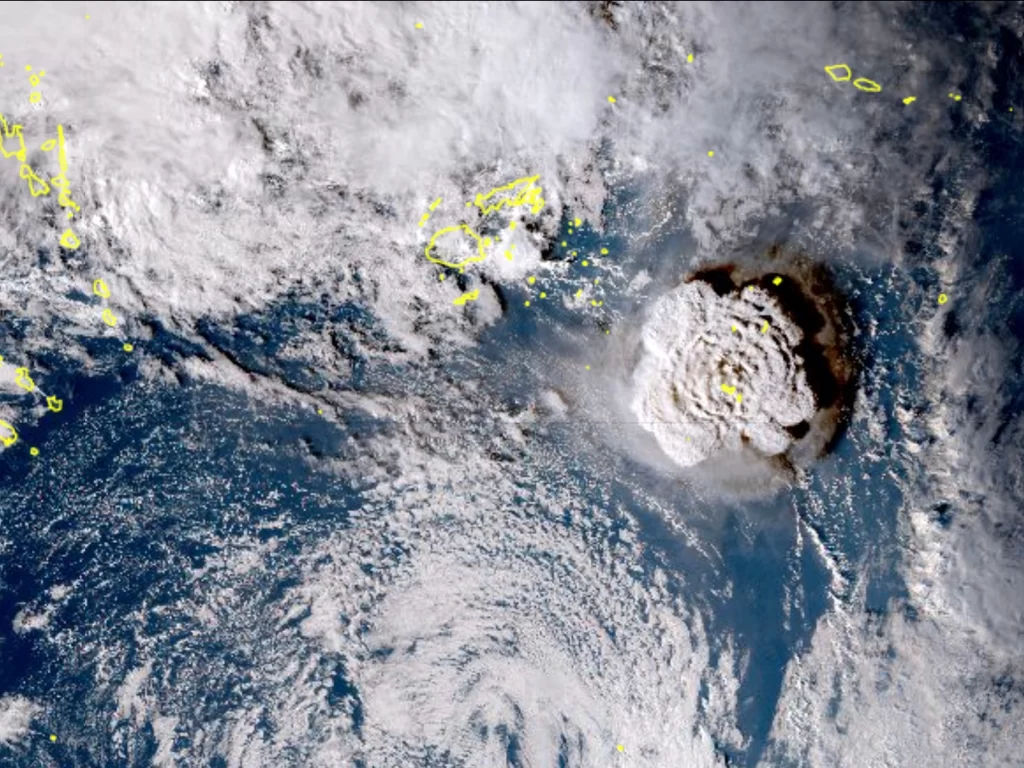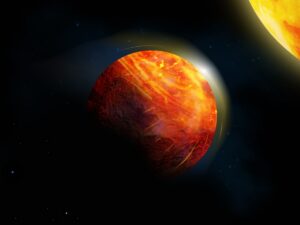
The Astounding Footage NASA Captured Of Tonga's Volcanic Eruption
It was January 15, 2022, when the explosion with more than 500 times the power of Hiroshima’s nuclear bomb surprised Pacific. Husa Husa Ha’apai volcano, 40 miles from Tonga, has a climax with a frightening eruption after almost a month of increasing activity.
Shockwave eruptions triggered the tsunami across the Caribbean, Australia, New Zealand, Japan and the west coast of North and South America. Tonga, the country of Polynesia who classified 169 islands, which 36 is home to more than 105,000 residents, is the worst by natural disasters.
NASA’s researcher estimates the volcano eruption of 10 megaton TNT, NASA scientists said to NPR. Tonga produced by infrastructure and communication compensation leaving the nation cut off from the world; The airport was covered in ash, too, greasted all the flights in and out.
The video recording captured by the ABI tool above the Noaa-West satellite and shared by NASA showed a cold tonga eruption in detail. While the official number of human deaths reached at least three deaths, the event, which was nicknamed the biggest explosion of the 21st century, raised the alarm of the tsunami readiness in the US, the incident occurred just a few weeks after the Noaa Science Advisory Board warned the US tsunami system requires improvement in the main technology.
An eruption visible from space
NASA explained that the video was taken by infrared geocolor and multispectral filters found in Guns-East Advanced Baseline Imager Abi. Space agencies are ready to capture this recording because the Husa Havisan volcano has shown signs of explosion warnings that will soon occur for weeks. The eruption finally triggered a debate about how the tsunami warning system was prepared for similar future events. One of the biggest lessons learned after the 2004 Indian tsunami, which killed 225,000 people in 12 countries, was a consequence of the tsunami system of early warning.
In the midst of all this, the Noaa tsunami expert said the early warning system at A.S. Has a gap, publish contradictory warnings, and desperately need hardware and software updates. In the end, the surprising video taken from space by NASA is more than just an extraordinary historical record – this is a display of technology that can work to save lives.







